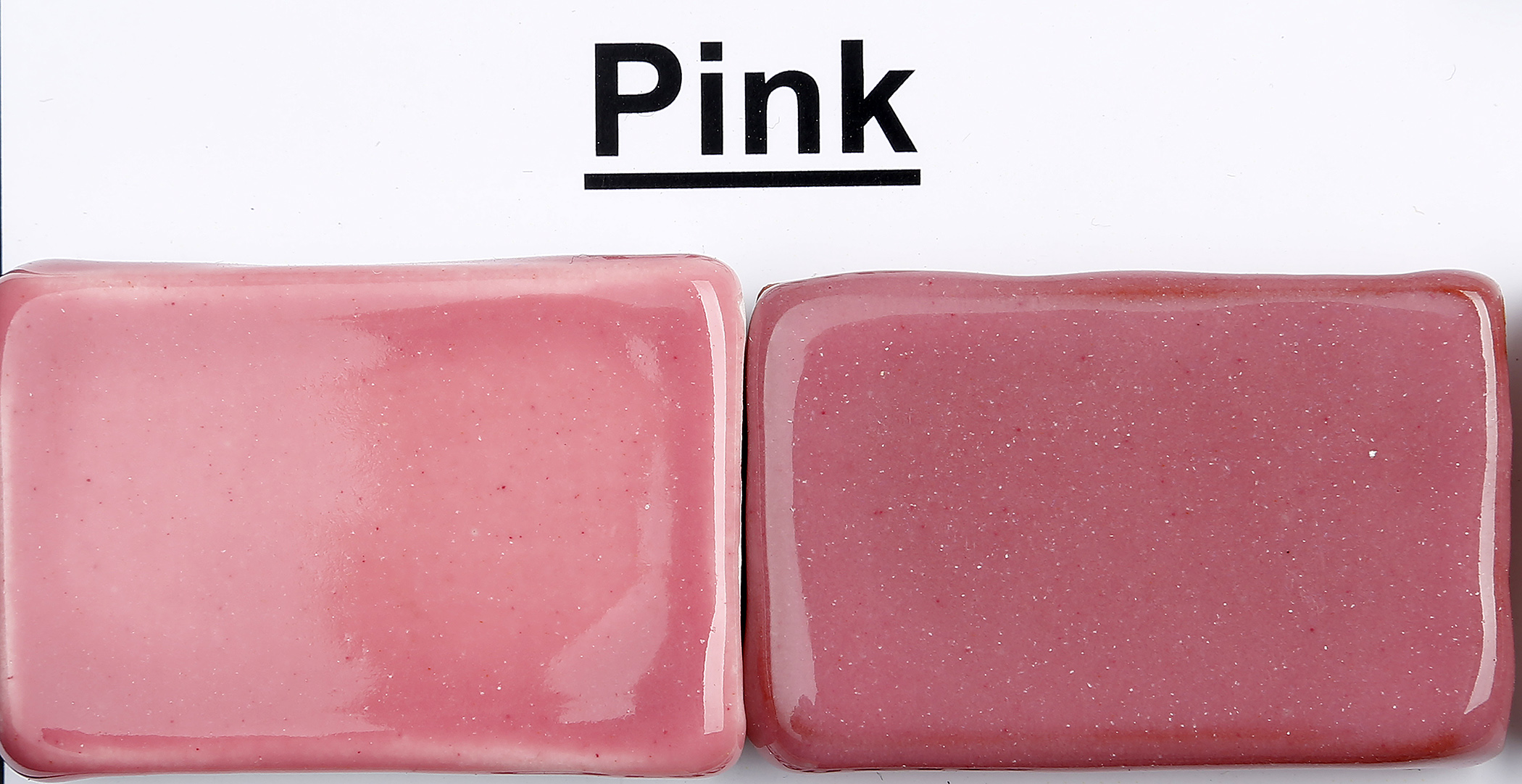The goal of bisque firing is to convert greenware to a durable semi vitrified porous stage where it can be safely handled during the glazing and decorating process.
Definition of glaze fire in ceramics.
To glaze a window.
Glaze is also used on stoneware and porcelain.
It also gives a tougher surface.
Ceramic glaze is an impervious layer or coating of a vitreous substance which has been fused to a ceramic body through firing.
Each ceramic glaze should be fired to a specific temperature range.
Ceramic work is typically fired twice.
The firing of clay and glazes in which the kiln temperature reached is usually in the 8 up to 10 12 2316 2415 f range.
Terms used in ceramics.
It is bisque fired and then glaze fired.
Glossy glaze gloss refers to how shiny and light reflective a glaze is.
Glaze definition to furnish or fill with glass.
Ceramic glaze definition is a mixture of powdered materials that often includes a premelted glass made into a slip and applied to a ceramic body by spraying or dipping and capable of fusing to glassy coating when dried and fired.
Glazing renders earthenware vessels suitable for holding liquids sealing the inherent porosity of unglazed biscuit earthenware.
Many factors like the kind of kiln or the kind of clay you use impact the final result.
Glazes can be applied with a brush or the entire piece can be carefully dipped into a glaze bath.
Glazes get their colors from a wide variety of mineral oxides.
Using glazes requires a lot of experimentation and practice.
Firing converts ceramic work from weak clay into a strong durable crystalline glasslike form.
For success a potter must know the correct temperature range at which their glaze becomes mature.
If fired at too low a temperature the glaze will not mature.
Glazes high in glass former sio 2 b 2 o 3 are glossy those high in al 2 o 3 tend to be matte.
Potters apply a layer of glaze to the bisqueware leave it to dry then load it in the kiln for its final step glaze firing.
Glaze can serve to color decorate or waterproof an item.
Firing clay from mud to ceramic.
Fluid glazes can crystallize to a matte surface if cooled slowly or a glossy surface if cooled quickly.

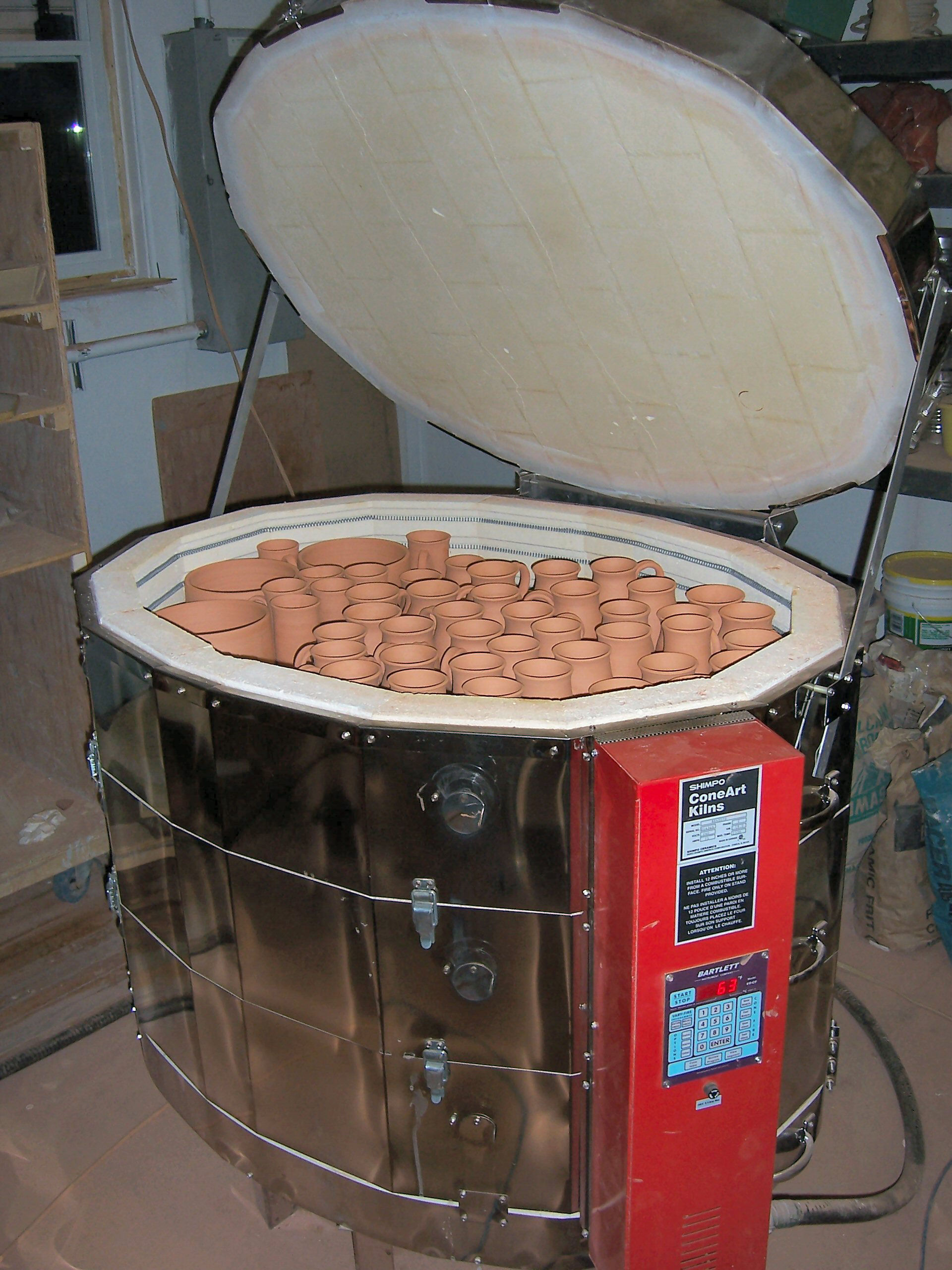

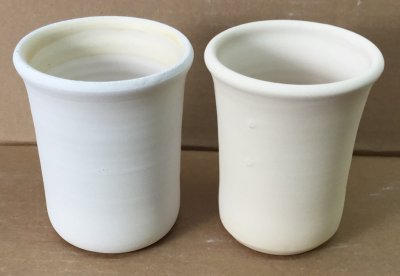




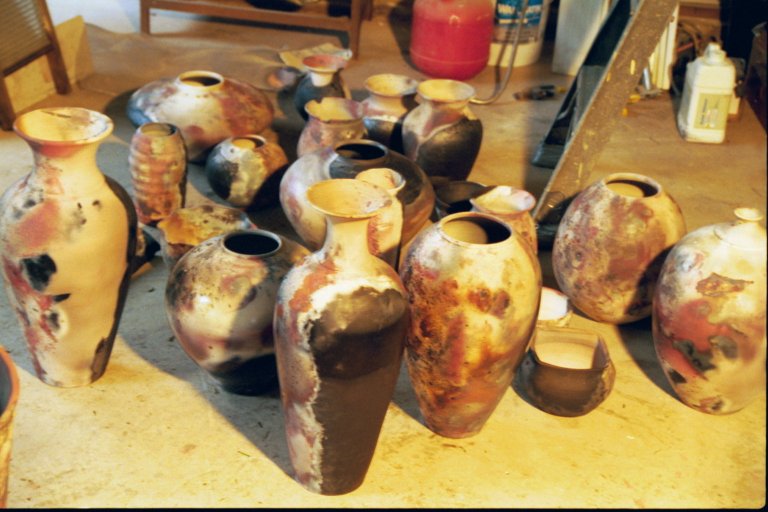
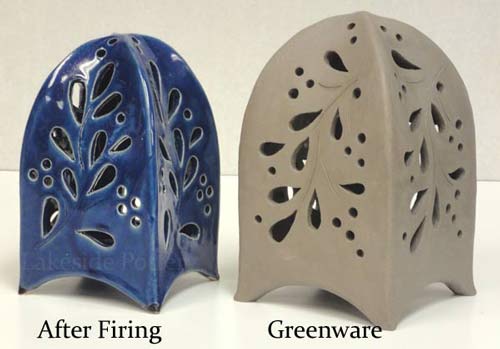
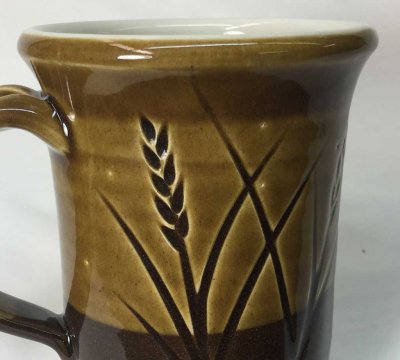
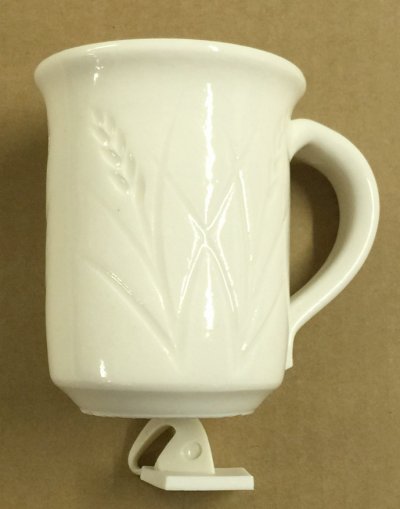








:max_bytes(150000):strip_icc()/Credit-Flickr-Joshdeweese-59848fa9685fbe0011c148f1.jpg)






